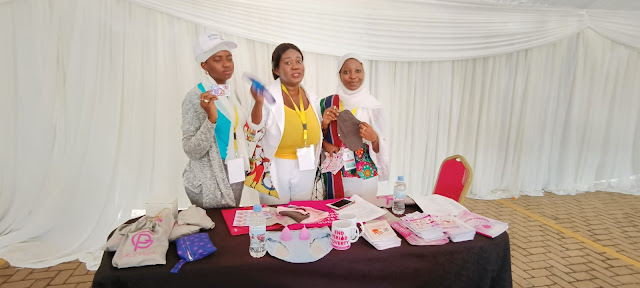BRIDGING THE DIGITAL DIVIDE BY SOFONIE DALA
Leaving No One Behind in a Digital World
We need you, the game changers, to get creative in how we engage the most vulnerable—giving voices to those that would otherwise not have the same opportunity that you have.
What we are looking for?
We are looking for solutions that can create impact, that are actionable, and that are sustainable. Most importantly, we are looking for people who have the drive and collaborative spirit required to take their solutions forward in partnership with others.
What is the digital divide?
The digital divide refers to the gap between those able to benefit from the digital age and those who are not.
There are various types of digital exclusion that exists, we have outlined some below to help you understand the spectrum of where an individual or community may sit within it:
● Internet access refers to those who are able to access the internet by whatever means (including via a smartphone or through a connection in their homes).
● Internet non-users refers to those who have never used the internet or last used it more than 3 months ago.
● Digital skills refer to those skills that are needed to safely and competently use the internet.
There are many reasons why digital exclusion exists reflecting socio-economic inequalities. Some variables being but not limited to:
● Income inequality
● Rural and remote access
● Gender discrimination
● Education
● Housing
● Age
This project is for those marginalized group who lack access to digital technologies and knowledge, skills and competencies required to navigate them. Some trainings will be on digital and financial literacy, social media, cooking programs, nutrition, healthy food agricultural programs.

We welcome your creativity in working with digitally excluded communities to make sure their voices are heard and solutions are sourced from the most vulnerable to make long and lasting change - this approach is the real game changer.
Digitally excluded individuals and communities can have creative solutions to solve some of the food systems' most pressing challenges but they will need your help to articulate these concepts and understand how to turn them into action.
We will also develop and promote an online-offline app to alleviate the problem of the poor. The app will connect farmers to consumers, retailers to charities and growers to intermediaries. There's no doubt that this project will reduce hunger and eliminate waste. Basically the app will target anyone who wants to donate or receive food.
Your support is needed to source solutions from digitally excluded individuals and/or communities in your region or localities. By doing so, you will help bridge the digital divide that inhibits equity in our food systems. This is a powerful opportunity to give a voice to those that would otherwise not have access and provide a democratised pathway for contribution to transforming global and local food systems.
Read more: https://tff-zero-hunger-angola.blogspot.com/2021/05/bridging-digital-divide-solutions.html





Comments
Post a Comment